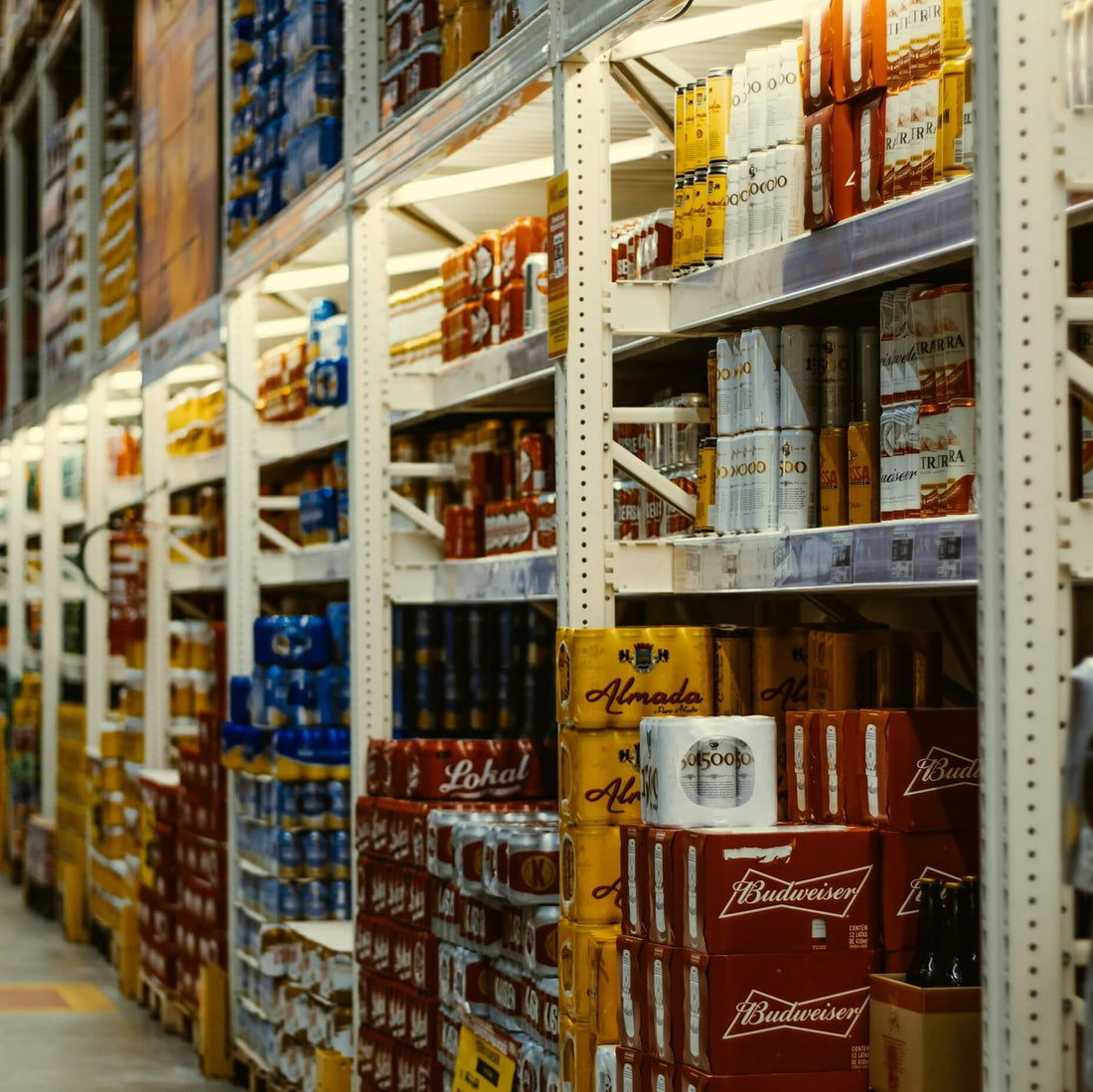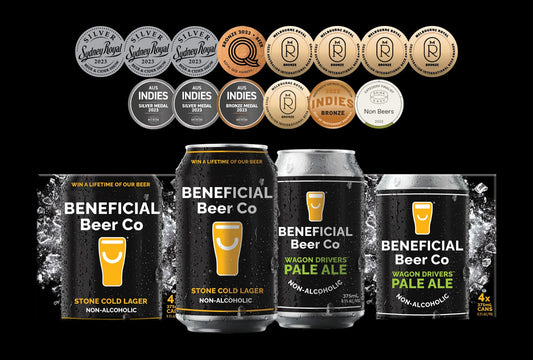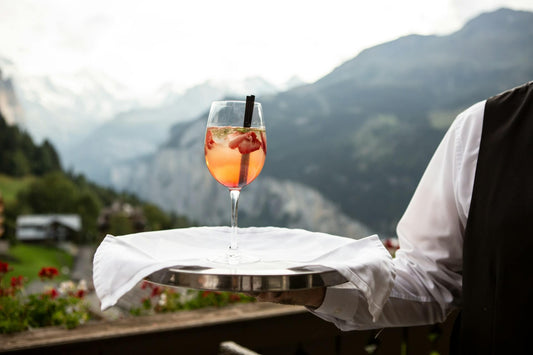At almost every celebration, family gathering, and quiet evening, alcohol is there. It’s like an old friend; familiar and comforting, but often never questioned. The socio-cultural impact of alcohol has deep roots. By unearthing them, we can begin to change how alcohol is woven into our lives.
.
The Deep Roots of Alcohol
Our capacity to handle alcohol isn't cultural. It has traces of genetic inheritance.
We share specific enzymes with gorillas and chimpanzees to metabolise alcohol . Tracing this back to 10 million years ago, early apes underwent a big genetic change.

Their ability to metabolise alcohol increased by roughly 20 times. Why?
Fermentation, driven by yeast, produces alcohol in fruits as they ripen. Apes who adapted to this change could locate ripe, sugary fruits from great distances.
Additionally, alcohol's effects increase food intake, enhancing their survival chances.
The Drunken Monkey Hypothesis says the same. Our ancestors might have been "designed" to seek out and consume alcohol as part of their diet.
As we do when pairing alcohol to compliment a meal...
While alcohol has been a constant companion for socialisation, it's toxic.
If discovered today, approving alcohol for widespread consumption would be unlikely.
But why aren't we even more alcoholic as a society?
Over the past 1000 years, there could have been a gradual selection against heavy drinking.
The idea comes from the idea that excessive alcohol consumption in reproductive years prevents chances of reproduction.
.
Social Pressure and Alcohol
Alcohol has been present in corporate events, family gatherings and simple activities.
A silent but potent player.

Potent because the pressure to drink is pervasive. An environment has refusing to drink is like rejecting a norm or gesture of friendship.
Even those with health concerns may wish to abstain.
Take, for instance, the Kamuli District in Uganda, where alcohol consumption is routine.
Reports found that some parents give alcohol to children as medicine. They believe it cures cough, flu, and malaria.
Some heavy drinkers in the region supported their habits by referring to the bible. Jesus converted water to wine as one of the miracles.
Others contended that it is very okay to drink on Earth since there will be no alcohol in Heaven.
Trotting across the globe to Denmark, an alcohol-rich culture is also present.
Here, alcohol consumption is not only a personal choice but a communal expectation.
Throughout history, alcohol has been accepted as a social currency.
It's seen as an easy way to connect and lubricate the wheels of social and business interactions.
.
An Awakening to Alcohol's Darker Side
A growing body of research is bringing to light the not-so-subtle dangers of alcohol.

But why now? There's always been some knowledge...
It could be due to the rise of technology.
The conversation around health and lifestyle is becoming more widespread. There's a greater to access to information.
A study involving 25,378 participants revealed there is no safe dose of alcohol for the brain.
Even moderate consumption is now linked to adverse effects.
Another study found that regular consumption accelerates brain aging by as much as 11.7 years.
Most alarming is the demographic most at risk - ages ranging from 15 to 39. This is a pivotal period for mental and physical development.
Amidst these discoveries, new movements are gaining momentum.
The sober curious movement.
The growing public interest in the benefits of a life free from alcohol has caught wind.
This trend isn't diving into total abstention.
Instead, it is a graduate shift to alternatives.
The trend is the start of a revolution to re-evaluate our relationship with alcohol.
.
The Liquorless Enlightenment
The "Liquorless Enlightenment" is about enjoying social events just as much without alcohol.
Non-alcoholic beverages are on the rise, as it allows us to bridge two opposing shores.
The Liquorless Enlightenment allows us to connect with tradition while putting well-being first.




